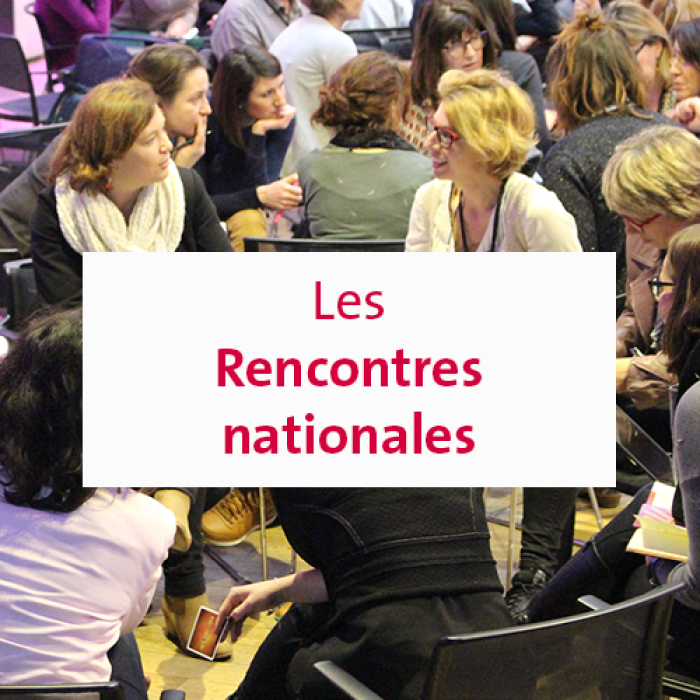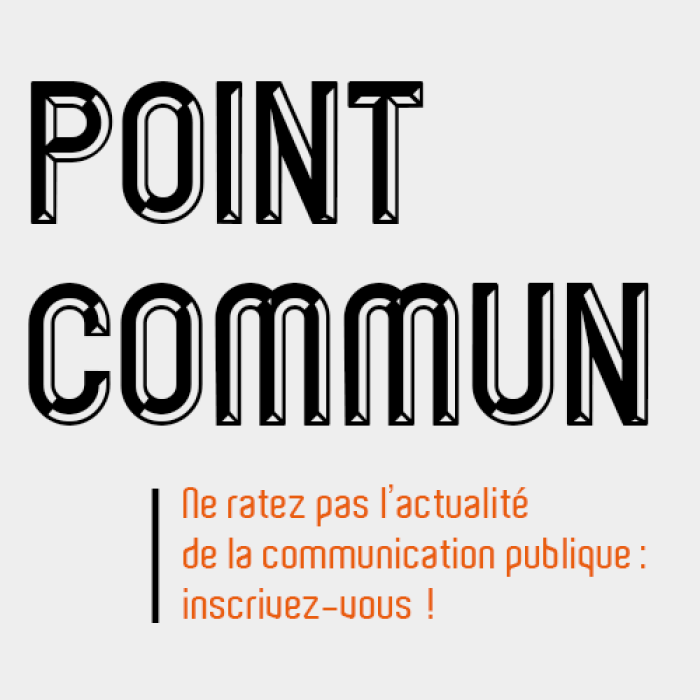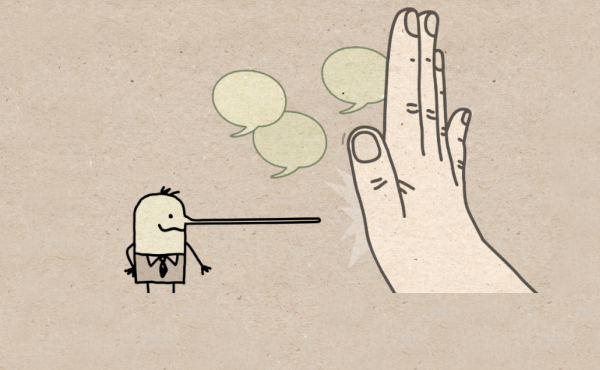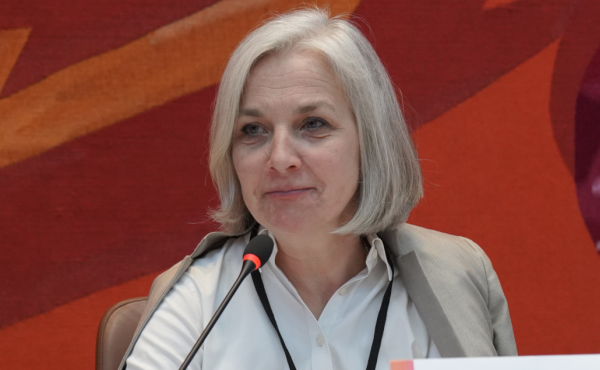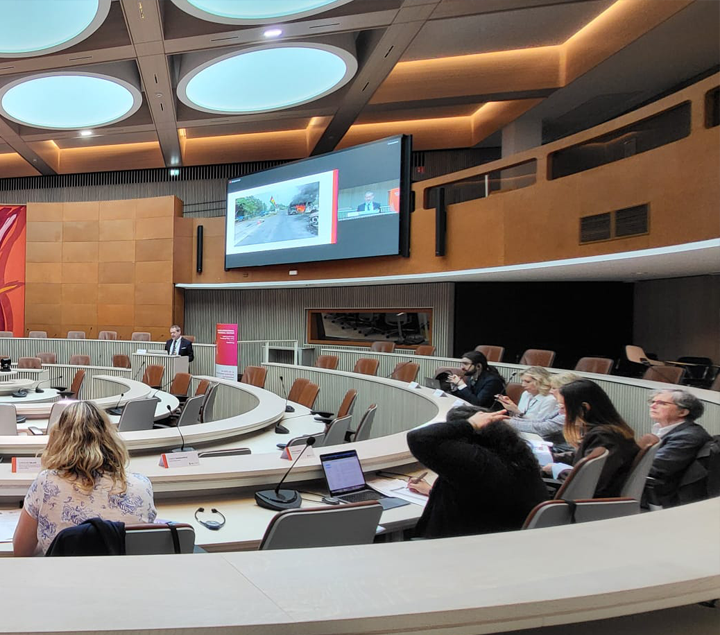
Fighting disinformation - a priority for protecting European democracies
Disinformation, fake news, artificial intelligence and media literacy were the main topics addressed by the twenty European public communication experts who spoke at the Strasbourg Eurometropole at the invitation of Cap'Com and the Club of Venice on Thursday 23 May 2024. The following day, they acknowledged the Council of Europe's recent treaty on AI at the organisation's headquarters.
By Philippe Lancelle, member of the Cap'Com Steering Committee and former Director of Tourism for the Bourgogne-Franche-Comté region.
Two years after the first international joint seminar on the role of local public communication in the different EU countries, held in Toulouse in 2022, Cap'Com and the Club of Venice met again on Thursday 23 May at the Strasbourg Eurometropole, thanks to the support of the metropolitan area and the City of Strasbourg. This year's theme was "Synergies in the fight against disinformation and media literacy".
Just two weeks before the European Parliament elections, and in the run-up to the next plenary meeting of the Club of Venice, scheduled to take place in Dublin on 20 and 21 June 2024, Club president Stefano Rolando began by describing the day's theme as "a Europe-wide challenge", focusing on two key issues: illiteracy and disinformation.
“We have to stop believing in fairy tales”
The participants (governmental and institutional experts, academics and members of European civil society) began by giving an uncompromising assessment of the situation, couched in very strong terms, in the friendly atmosphere that characterises the Club's open, informal discussions. Stefano Rolando spoke of "an immense danger", pointing out that "information has become one of the main weapons in today's widespread conflicts, including two wars on Europe's doorstep". He estimated that a third of all information disseminated is political manipulation.

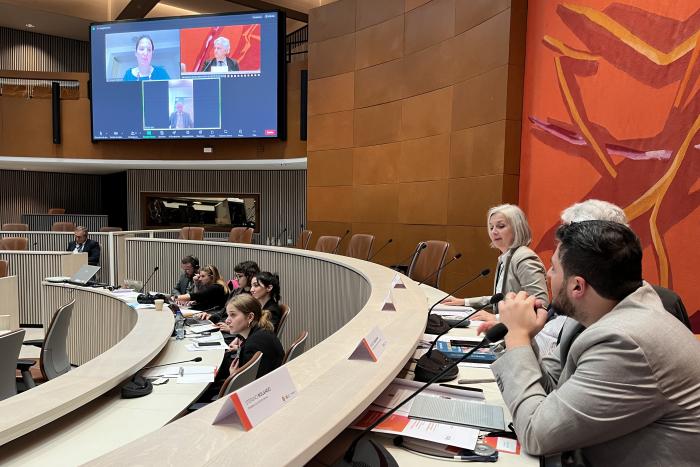

From left to right: Vincenzo Le Voci, Secretary General of the Club of Venice (right) and Yves Charmont, General Delegate of Cap'Com, opened the event by thanking Pia Imbs, President of the Eurometropole, and Jeanne Barseghian, Mayor of the City of Strasbourg; speakers in hybrid mode, for over eight hours of presentations; Saman Nazari, analyst in artificial intelligence and disinformation at Alliance4Europe in Brussels.
The experts discussed the threats, risks and attacks related to disinformation, as well as the tools available to ensure constant monitoring of online developments in this area, and the growing need to join forces and strengthen intra- and international cooperation in order to boost communication and resilience capacities. Vincenzo Le Voci, Secretary General of the Club of Venice, evoked an "infodemia", while Yves Charmont, General Delegate of Cap'Com, expressed concern about the risk of a "tsunami".
For Christophe Rouillon, president of the Socialist Group on the European Committee of the Regions, "disinformation is a risk to democracy". The Dutch speaker Erik den Hoedt, vice-president of the Club of Venice, said that "we have to stop believing in fairy tales", while Karine Badr, from the OECD, highlighted the results of surveys carried out by her organisation on the difficulties encountered by governments in adopting a strategic approach to this issue. In her words, “democracy is in danger!”
Proliferation of false information
First of all, there is no denying that we are facing a proliferation of false information and a rise in disinformation in the contemporary media landscape, as depicted by Karine Badr. This comes from a variety of sources, including traditional media, digital media and social networks, both locally and internationally. Many recent examples have had a significant impact on democratic processes and on society as a whole.
"Artificial intelligence undermines public trust and trust in science by generating misleading content"
Kristina Plavsak Krajnc
TikTok under fire
The social network TikTok came under repeated criticism and Christophe Rouillon explained why its use was now banned at the European Committee of the Regions, as in other institutions and public administrations. Due to its viral nature and short video format, false information can spread very quickly. Platforms such as TikTok have also been criticised for lacking a robust fact-checking mechanism, and for their influence - so often negative - on young users, who may lack the critical skills to assess the veracity of the content.
The impact of AI
The rise of artificial intelligence is also having a significant impact on the proliferation of disinformation. “It's difficult to trust artificial intelligence, with its staggering capabilities”, pointed out Caroline Grand, a member of the European Higher Education Communication Network. Finally, in the words of Kristina Plavsak Krajnc, founder of the Forum - Centre for Public Communication in Ljubljana, "artificial intelligence undermines public trust and trust in science by generating misleading content - the so-called deepfakes, which appear extremely realistic - or by amplifying disinformation via bots on social networks, which propagate content on a massive scale, creating the illusion of strong support and increasing its visibility".
Only education can protect us from risks and strengthen our critical faculties
Even though efforts to counter these trends appear complex and often lag behind their acceleration, a number of possible solutions were put forward. Some of these are ideas that have yet to be developed, while others have already been implemented and show that the situation is far from inevitable.

All the experts seem to agree on the need to act quickly and in close collaboration.
The first step is undoubtedly to strengthen media literacy from an early age - and perhaps also for some parents who are victims of digital illiteracy - as well as for public decision-makers. “Education lies at the heart of the debate for children, students and the general public”, “We need to train teachers and researchers”, “Only education can protect us from risks and strengthen our critical faculties”.
The second major initiative involves the promotion of digital literacy, in order to improve the digital skills of Europe's citizens and their ability to make better use of artificial intelligence. Two films targeting young audiences, screened in Lithuania, showed how social networks can be used to manipulate information and how to tell the difference between false and true information.
The third subject that requires urgent attention is the strengthening of partnerships between political and educational institutions, the media and civil society, particularly at local level, as Christophe Rouillon emphasised. The example of the National Youth Council in Italy (speech by its president Francesco Marchionni) was enlightening on this point.
Sharing progress in research and innovation
Significant progress has already been made in research and innovation, in particular to better identify and understand the channels and methods used to disseminate fake news, check the facts and set up counter-attacks. A number of experiments in this area were presented, including refutation centres in several countries. These were described in more detail by Klimentini Diakomanoli, author of the book Fake news: What is Europe doing? published in France on the day of the seminar. Virginia Padovese, vice-president of Newsgard, presented her research into manual analysis, while Carys Whomsley, digital risk manager at Digitalis, described the work in progress in the UK, and Saman Nazari (Alliance4Europe) and Max Stearns (Democratic Society) shared the latest achievements of two platforms engaged in online dialogue on safeguarding democratic values and mobilising young people in local communities. Rosa Cavallaro illustrated the activities of the Italian national communications regulator (AGCOM).
Some social networks would warrant tighter regulation at European level, and in the event of irregularities, others could be banned altogether. Finally, one of the avenues mentioned by Stefano Rolando was that of dialogue between institutional communication and public radio and television services. In his view, “the time has come to break down the walls between institutional communication and political communication, between the media and the world of education”. Clearly, although there is still a huge amount of work to be done and the subject is far from closed, our understanding of disinformation systems is gaining ground and everyone involved is enthusiastically committed to tackling this issue.
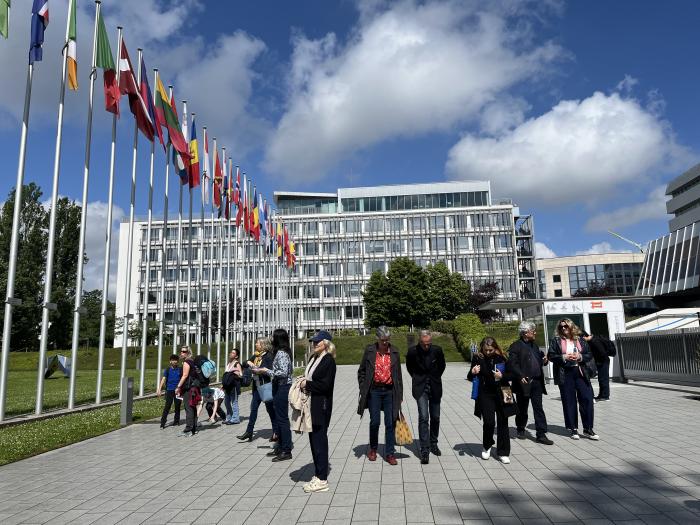
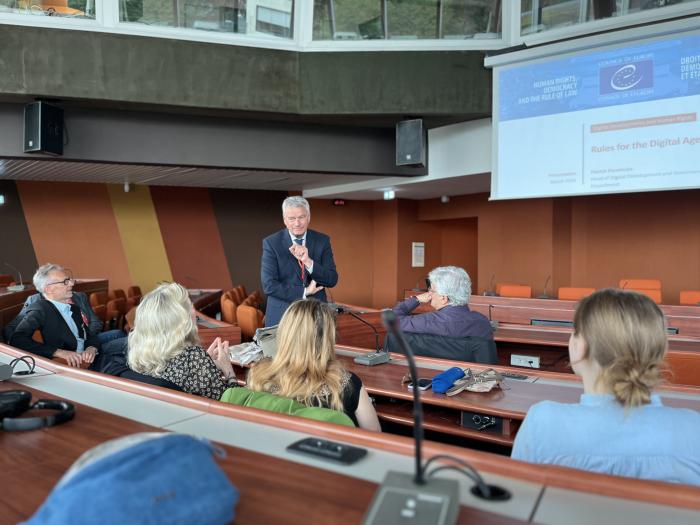
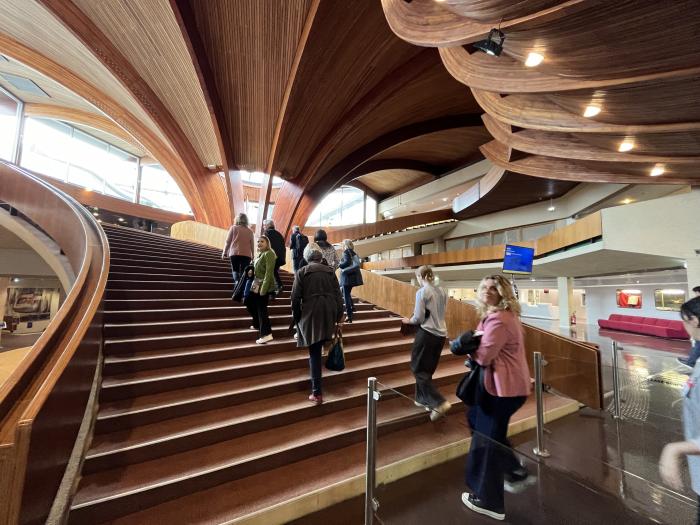
The second day of the seminar took place at the Council of Europe headquarters, where participants were welcomed by the Spokesperson's Service and had the opportunity to meet Patrick Penninckx, Head of the Information Society Department under the Directorate General Human Rights and the Rule of Law (in 2024 the Council of Europe celebrates its 75th anniversary), which has just secured the adoption of the Council of Europe Framework Convention on Artificial Intelligence and Human Rights, Democracy and the Rule of Law (on 17 May), after a long period of work by his department.
The Cap'Com Forum, to be held from 9 to 11 December in Lille, will provide an opportunity to look at this issue again, through a special Grand Angle, in partnership with the Club of Venice.

